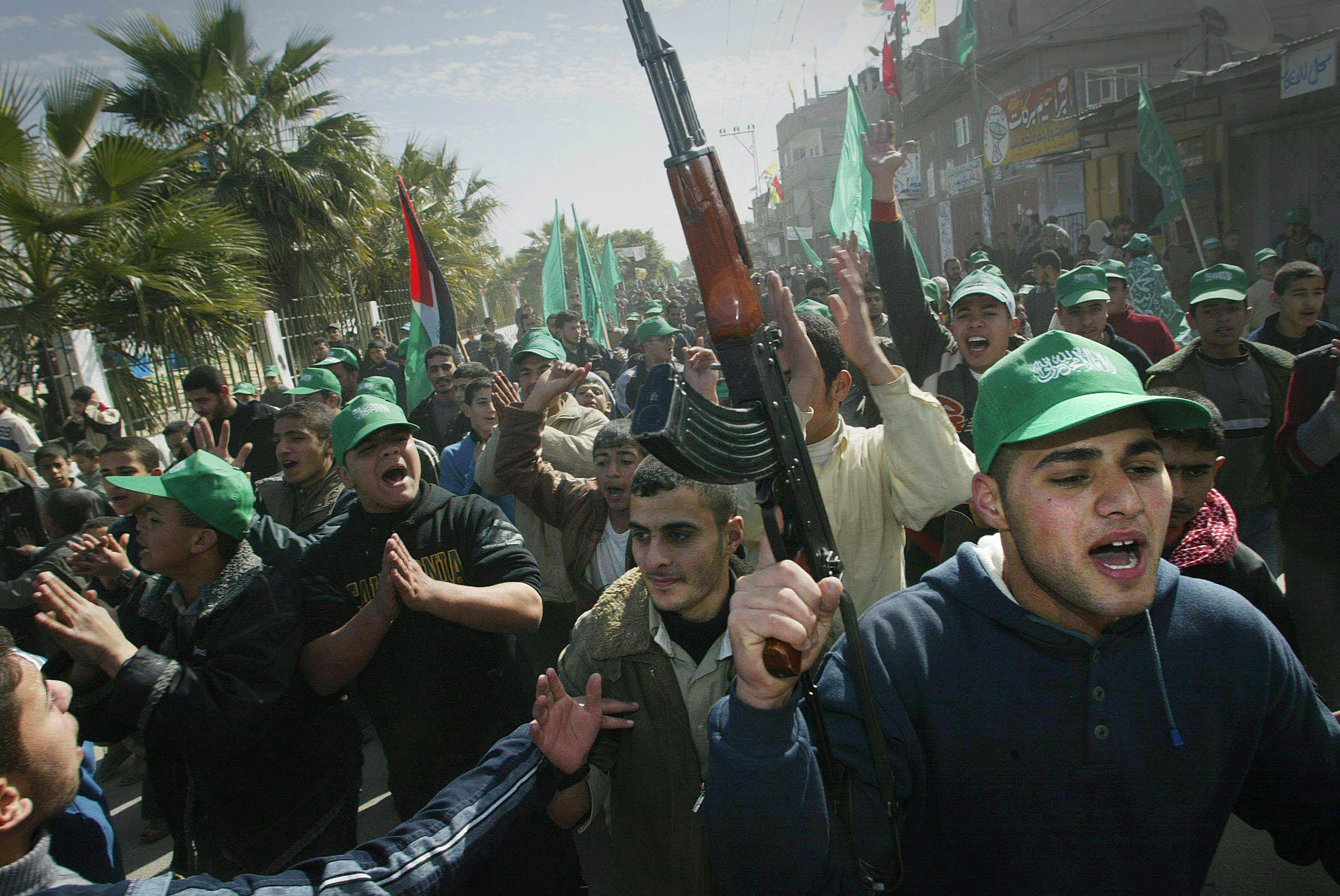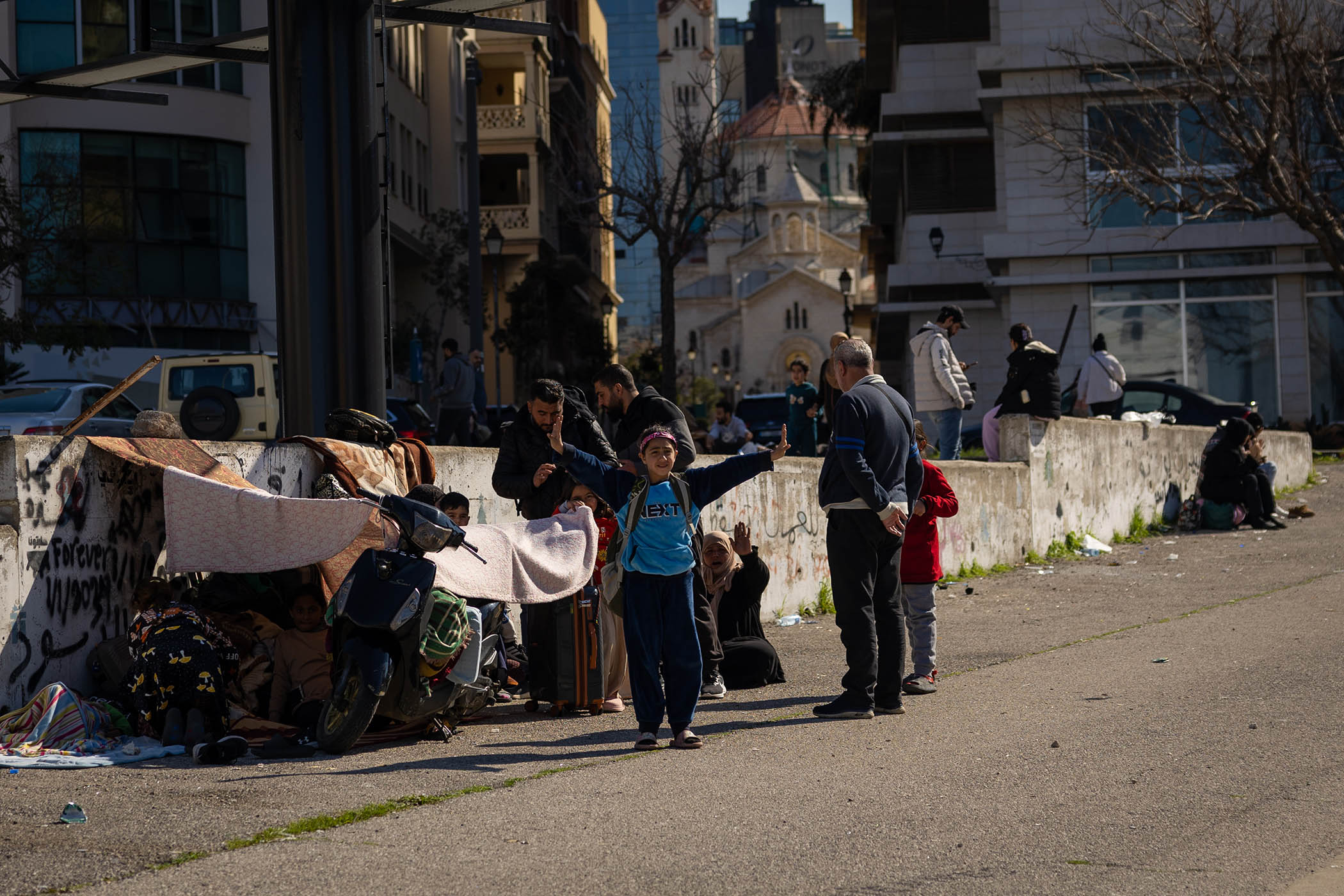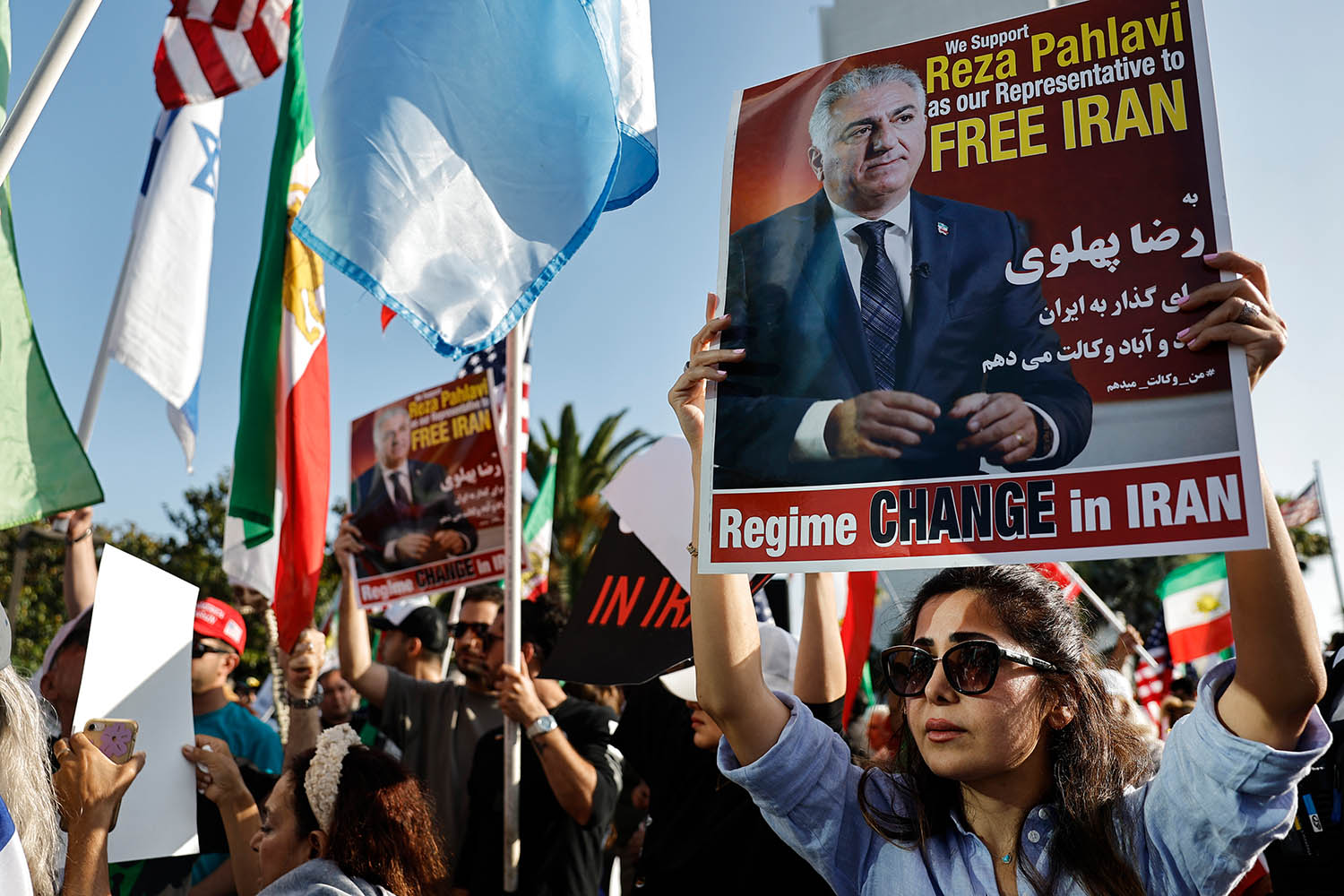‘They want Hamas to remain in power,” claimed the Israeli prime minister, Benjamin Netanyahu, after European and Canadian government criticisms of Israel’s actions in Gaza.
Many British commentators agree, denouncing the UK government for standing with Hamas. The horror killings of two Jewish Israeli embassy staff in Washington DC added weight to such condemnation, Israeli foreign minister Gideon Saar insisting on a “direct line” from criticism of Israel to antisemitic murders.
The irony, though, is that until 7 October 2023, when Hamas launched its murderous assault on the Nova music festival and nearby kibbutzim, the jibe might have with greater accuracy been aimed at Israel itself. For 50 years, it tolerated, even supported, the organisation and its precursors, regarding Hamas as a useful weapon with which to enfeeble the secular Palestine Liberation Organization (PLO) and sow discord within Palestinian ranks.
“Anyone who wants to thwart the establishment of a Palestinian state has to support bolstering Hamas and transferring money to Hamas,” Netanyahu told a meeting of Likud’s Knesset members in 2019.
On 7 October, the Times of Israel noted the day after the slaughter, the strategy “of indirectly strengthening Hamas… went up in smoke”.
Israel captured Gaza from Egypt in 1967, during the Six Day War. The Egyptian president, Gamal Abdel Nasser, had suppressed the Islamist Muslim Brotherhood and ordered the execution of its leader, Sayyid Qutb. Israel dramatically changed approach, first tolerating the Brotherhood, then providing it with a legal framework and funding to operate in Gaza. Its leader, Sheikh Ahmed Yassin, was encouraged to set up the Mujamma al-Islami (“Islamic collective”) as a charity to run social, religious, welfare and educational programmes.
General Yitzhak Sager, Gaza’s military governor, told the International Herald Tribune in 1981 that the Israeli authorities provided funding “with the purpose of strengthening a force that runs counter to the pro-PLO leftists”.
The Mujamma did not remain the pliant creature Israel hoped it would be, moving from welfare to political opposition and eventually terror. In December 1987 the first intifada broke out in Gaza and the West Bank. A spontaneous popular uprising, it took the PLO, the Muslim Brotherhood and the Israeli government by surprise. In response, the Mujamma set up Hamas as its political wing, to coordinate resistance to Israeli occupation. Five years later, Hamas in turn set up a military wing, the Izz al-Din al- Qassam Brigades, which pursued indiscriminate suicide bombings against civilian targets.
From the beginning, Hamas was a brutal, antisemitic, theocratic organisation. “I suggest… finding ways to break up this monster before this reality jumps in ourface,” Avner Cohen, the Israeli official responsible for religious affairs in Gaza, wrote in a report.
Israel’s strategy, though, continued to be “to divide and dilute support for a strong, secular PLO by using a competing religious alternative”, as one CIA agent told the UPI news agency.
Newsletters
Choose the newsletters you want to receive
View more
For information about how The Observer protects your data, read our Privacy Policy
To achieve this, Israel was willing to sup with the devil. Hamas gained power in the Gaza elections of 2006; after that there were no more elections. The Palestinian Authority was cut in two, Hamas controlling Gaza and Fatah the West Bank. Israel had achieved its aim of fragmenting the Palestinian movement.
This “success” led Israel, and especially Netanyahu, to continue the policy of supporting Hamas. “To prevent the option of two states,” the Israeli general turned academic researcher Gershon Hacohen has said, the Likud leader “is turning Hamas into his closest partner. Openly Hamas is an enemy. Covertly, it’s an ally.” Or, as Bezalel Smotrich, Israel’s far-right finance minister, put it more straightforwardly in 2015: “Hamas is an asset.”
Netanyahu’s tacit support for Hamas has undermined the possibilities of peace
Netanyahu’s tacit support for Hamas has undermined the possibilities of peace
Under Netanyahu, the Times of Israel observed, “Israel has allowed suitcases holding millions in Qatari cash to enter Gaza”, while practically turning “a blind eye to the incendiary balloons and rocket fire from Gaza”. According to the New York Times, the head of the Mossad, David Barnea, told Qatari leaders weeks before 7 October that Israel wanted the payments to continue. Israeli officials publicly deny its relationship with Hamas. But the weight of evidence, not least the testimony of those tasked with enforcing the policy, has made it an open secret.
Hamas was responsible for the butchery of 7 October. But Israel had helped nurture it for the explicit aim of denying Palestinians a state. And now, in the attempt to undo its previous work, it has laid Gaza to waste, in pursuit of a monster it helped spawn.
One of the most inspiring sights over the past week has been the anti-Hamas protests that have erupted inside Gaza. The courage it must take to defy both Israeli missiles and Hamas bullets is extraordinary. Supporters of Israel’s war argue that the destruction of Gaza has been necessary to allow such voices to be heard. What they fail to add is that for decades, Israel’s tacit support for Hamas has helped cage Palestinians and undermined possibilities of peace. Hamas has been disastrous for the Palestinian people. But that was the aim of Israel’s policy.
There are certainly many within the Palestinian solidarity movement who support Hamas and are driven by antisemitism. They need to be vehemently challenged. But the idea that any criticism of Israel’s destruction of Gaza is antisemitic and “siding with Hamas” is to claim carte blanche for Israel’s actions. It is as cynical as the history of Israel’s decades-long use of Hamas. It is a betrayal of both Palestinians and Jews.
Photographs by Said Khatib/AFP via Getty Images



